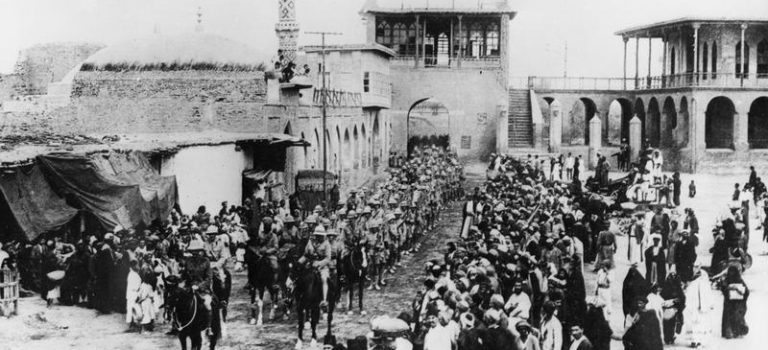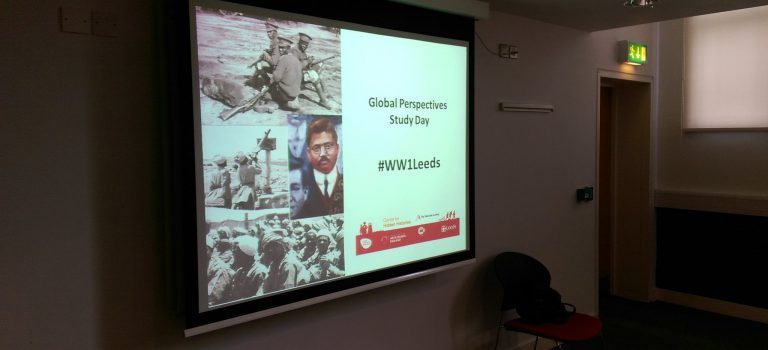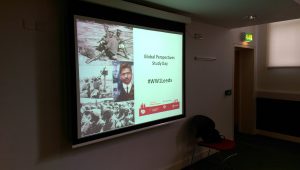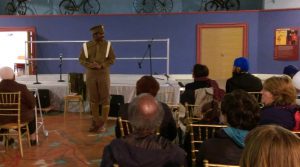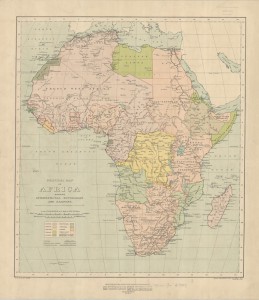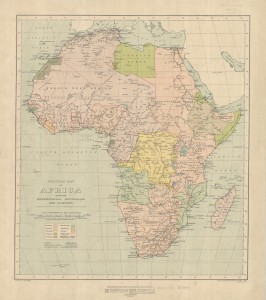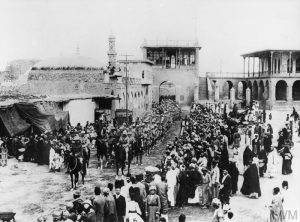
On the centenary of the Mudros Armistice, which marked the end of the First World War in the Middle East against the Ottoman Empire, the Heritage Lottery Funded Away From the Western Front project will be holding a conference to reflect on the often-overlooked campaigns which took place all over the world between 1914 and 1918.
Away from the Western Front has combined research into aspects of the global war with arts activities in which people from all over Britain have considered what the war means to us today. This conference will serve both as a commemoration of the centenary of the Mudros Armistice and an opportunity to take a fresh look at the war away from the Western Front.
Date and venue
The conference will take place on Tuesday 30th October 2018 at the Armada House Conference Centre, Telephone Avenue, Bristol BS1 4BQ. This is in the city centre, 15 minutes’ walk from Temple Meads station. The event will run from 10.00 to 16.00, with refreshments and lunch provided. A flyer for the event is available here.
Programme
- Alan Wakefield will speak about the Salonika Campaign, followed by three presentations reflecting on personal stories – a Dartmoor stonemason, the artist Stanley Spencer and the composer Gustav Holst.
- Stuart Hadaway will introduce the Palestine Campaign, followed by presentations about how a railway clerk won a VC, and how a churchgoer felt about visiting the Holy Land for the first time.
- Nicholas Saunders will speak about the Arab Revolt, with particular reference to recent excavations of some of the places visited by T. E. Lawrence.
- Soldiers from Lancashire and India fought in Mesopotamia, and some of their experiences will be presented.
- Anne Samson will give an account of the huge African theatre of war.
- There will also be presentations from our Creative Writing Competition, along with music created especially for the project.
- In addition to the formal programme there will be exhibitions about the regional projects.
- The full programme is available here.
Booking
There is no charge for attendance, but you must register. Click here to book your place. You will be taken to our Eventbrite page. If you have any further questions please contact the National Coordinator (info@awayfromthewesternfront.org).
